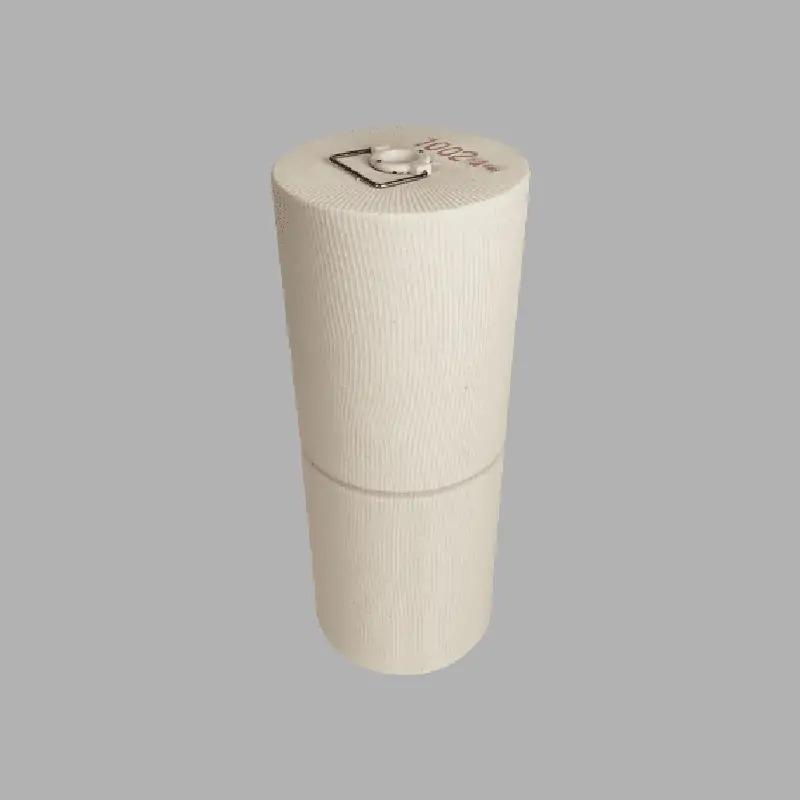The Vital Role of Replacement Hydraulic Filter Elements

Hydraulic systems are the lifeblood of countless industrial and mobile applications, from manufacturing plants to heavy machinery. These systems rely on the precise control of fluid pressure, flow, and direction to function efficiently. However, the fluids circulating within these systems are prone to contamination from particles, water, and other impurities. This is where hydraulic filter elements play a crucial role. Regular replacement of these filter elements is vital to maintaining optimal system performance, preventing costly downtime, and extending the lifespan of the equipment.
Why Hydraulic Filter Elements Matter
Hydraulic filter elements are designed to trap contaminants that can cause wear and tear on hydraulic components such as pumps, valves, and cylinders. These contaminants, if not removed, can lead to system inefficiencies, reduced performance, and ultimately, equipment failure. By effectively filtering out impurities, hydraulic filter elements help maintain the cleanliness of the hydraulic fluid, ensuring that the system operates smoothly and efficiently.
The Need for Regular Replacement
Over time, hydraulic filter elements become clogged with the very contaminants they are designed to capture. As the filter element reaches its capacity, it can no longer effectively clean the fluid, leading to a decline in system performance. This can manifest as slower operation, increased energy consumption, or even catastrophic system failure. Regular replacement of hydraulic filter elements is essential to avoid these issues. Depending on the operating conditions and the environment in which the hydraulic system operates, filter elements should be replaced at intervals recommended by the manufacturer or based on a regular maintenance schedule.
Benefits of Using High-Quality Replacement Elements
Using high-quality replacement hydraulic filter elements offers several advantages. First, they ensure that the system continues to operate at peak efficiency by providing superior filtration. This reduces the risk of contamination-related wear and tear on critical components. Second, high-quality filters are designed to last longer, meaning fewer replacements are needed over time, which can lead to cost savings. Finally, reliable replacement filters can help avoid unplanned downtime, which is often far more expensive than the cost of regular maintenance.
Conclusion
Replacement hydraulic filter elements are a small yet critical component of any hydraulic system. By ensuring that these elements are replaced regularly with high-quality products, you can maintain system performance, prevent costly breakdowns, and extend the life of your hydraulic equipment. Regular maintenance, including the replacement of filter elements, is an investment in the longevity and reliability of your hydraulic systems.
Post Your Ad Here
Comments